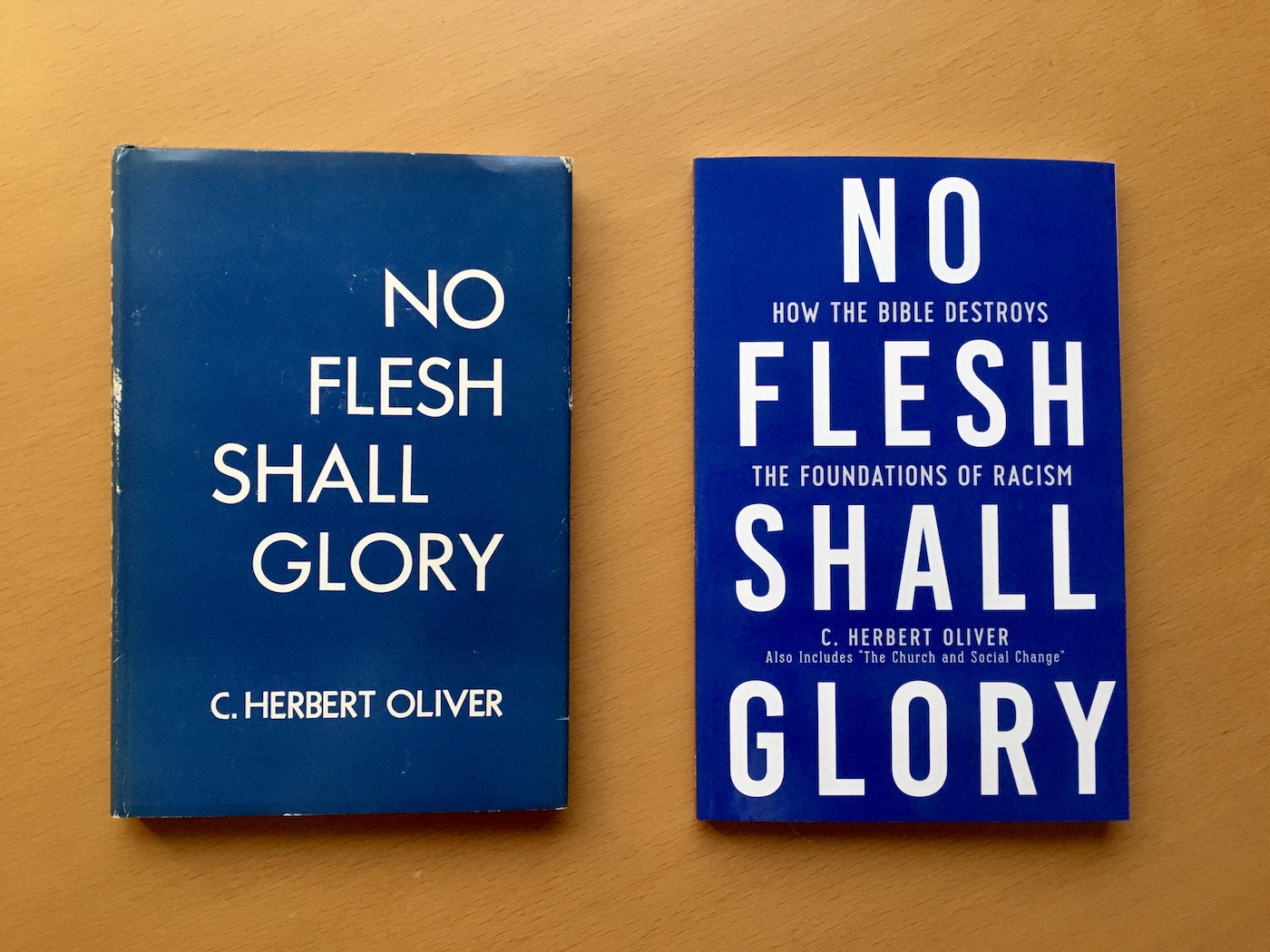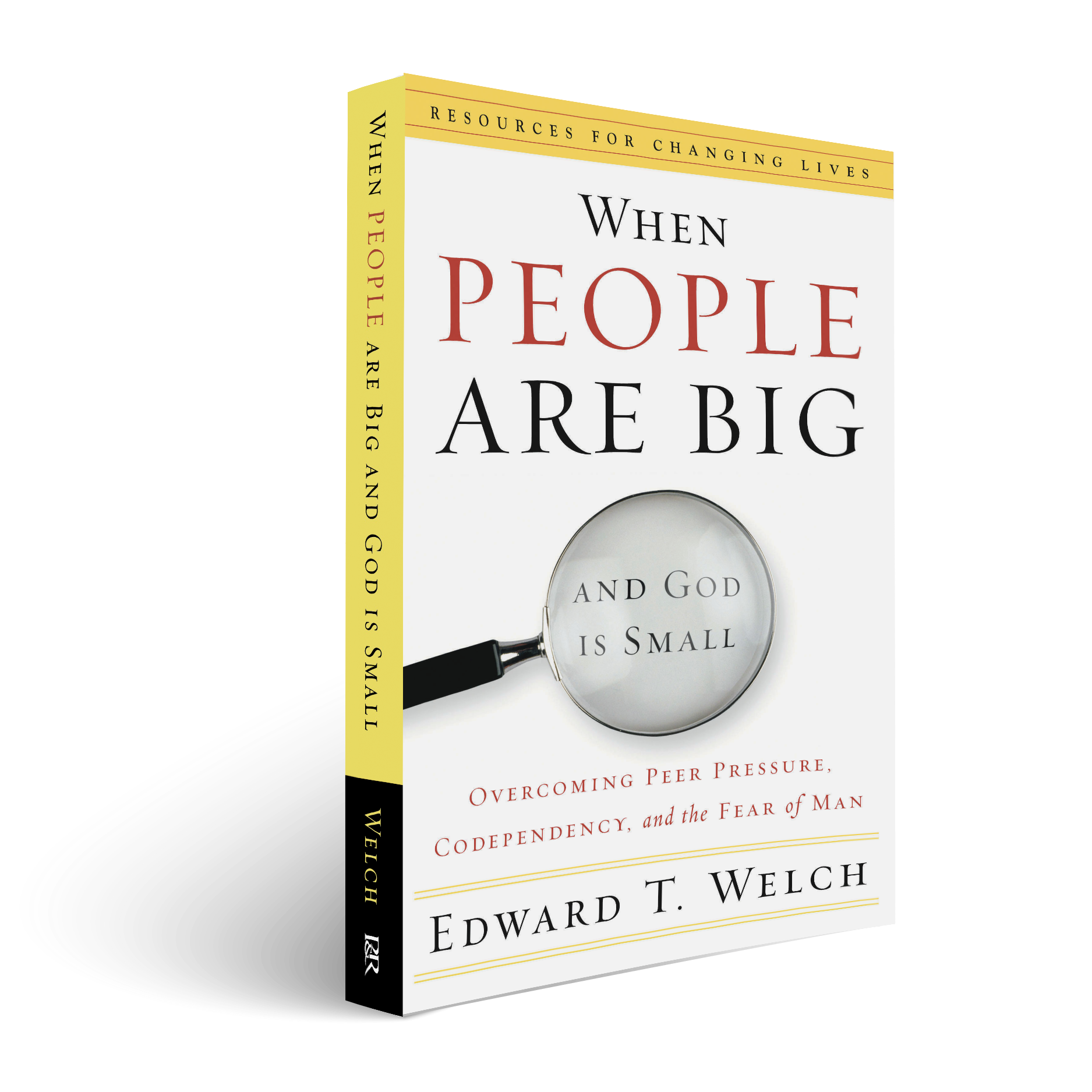
Taken from the Introduction by Amanda Martin
You are holding a piece of history—a book written more than sixty years ago by a man who had a passion to see justice done in the world, and particularly in the United States of America. At that time, many white Christians promoted the separation of the races and tried to defend it as compatible with Christian ethics. Interracial marriage was viewed as a sin. For some, even the casual or friendly association of Black and white people was suspect. A grievous embrace of worldly racial ideology made this book necessary, and Rev. C. Herbert Oliver, with bold commitment to biblical truth, rose to meet that need. He did more than write. In 1959, the year this book was originally published, he moved from Maine back to his hometown of Birmingham, Alabama, to participate as an activist in the civil rights movement.
Is there need for this book today? We believe that there is. Rev. Oliver’s reliance on the Word of God fills his writing with enduring wisdom as he speaks of the complex nature of humankind. He writes as one of God’s champions of truth, graciously and firmly, and so we can learn from both his message and the way in which he conveys it.
The need for this book, however, goes deeper than this. When truths about human beings are exchanged for lies, the damage is profound. Worldly racial ideologies remain with us to this day, often in new forms. As the world and the church continue to grapple with racism and related issues, we would do well to listen to the insights of a man who took up the fight in decades past. We are grateful to Rev. Oliver for his bold commitment to this cause.
We are also grateful to Mr. Charles H. Craig, who in the 1950s helped to promote a message so controversial in its day. Mr. Craig had headed Presbyterian and Reformed Publishing Company for only two years when he published No Flesh Shall Glory. He had an interest in social causes—having formerly been involved with Big Brothers of New York City—and a desire to promote biblical understanding on a wide range of issues.
Rev. Oliver writes as a graduate of Wheaton College and Westminster Theological Seminary and as a pastor in the Orthodox Presbyterian Church—in a style both pastoral and academic. Thus, although No Flesh Shall Glory has some technical elements, it is broadly accessible. We have made very few changes to the text. His 1964 paper “The Church and Social Change” has immediate application for discussions today and is a good starting point for those getting acquainted with his work. We are delighted to be able to include it in this volume as well.
No Flesh Shall Glory: $14.99 $11.25
Click HERE to learn more about this book.








